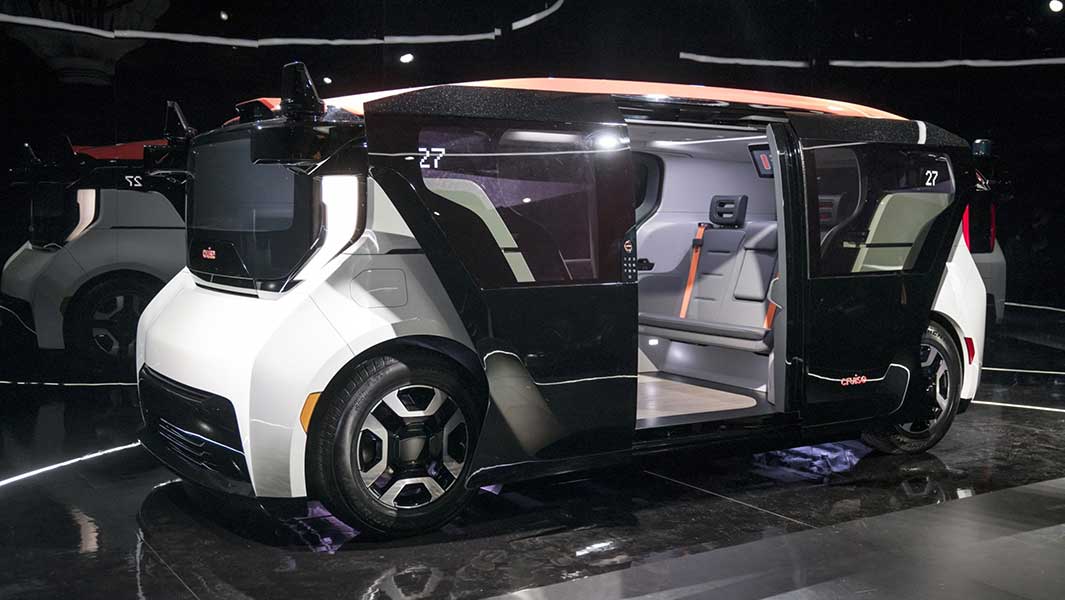
GM’s self-driving subsidiary, Cruise, has abandoned its plans to build the Origin robotaxi, opting instead for the next-generation Chevrolet Bolt. This decision aims to simplify scaling and address regulatory uncertainties.
GM reported a $583 million financial charge related to the write-off of Origin assets and restructuring costs, while Cruise faced a $1.14 billion operating loss in the second quarter, including a $605 million impairment charge.
GM Chair and CEO Mary Barra stated that this move will lower per-unit costs and optimize resources.
The decision effectively ends the Origin project, once projected to number “in the tens of thousands.” GM plans to start production of the all-electric Chevrolet Bolt in 2025 but has not specified when the autonomous version will be available on public roads.
Reasons Behind the Shift
According to TechCrunch, a GM spokesperson explained via email that focusing on the next-generation Bolt offers a more cost-effective and scalable solution for advancing autonomous vehicle development, avoiding regulatory compliance challenges associated with the Origin’s unique design, which includes campfire seating and lacks steering wheels and brake pedals.
What Setbacks Has the Origin Faced?
The Origin, initially seen as Cruise’s commercial future and a potential profit center for GM, has faced significant setbacks since November 2023.
Production paused after Cruise lost permits in California following an incident where a robotaxi dragged a pedestrian. This incident led the California Department of Motor Vehicles to suspend Cruise’s deployment and driverless testing permits in October.
In the aftermath, Cruise co-founder and CEO Kyle Vogt resigned, approximately 24% of the workforce was laid off, and GM took a more hands-on approach to managing the subsidiary.
Since then, Cruise has appointed Marc Whitten as the new CEO, created a chief safety officer position, and cautiously restarted testing in Dallas, Houston, and Phoenix. Despite these efforts, Cruise has not yet received approval to relaunch operations in California.
Cruise’s journey to commercialize autonomous vehicle technology has proven more costly and time-consuming than anticipated, with ongoing significant financial losses despite efforts to cut costs.
Featured Image courtesy of David Paul Morris/Bloomberg
Follow us for the latest updates on Cruise.
